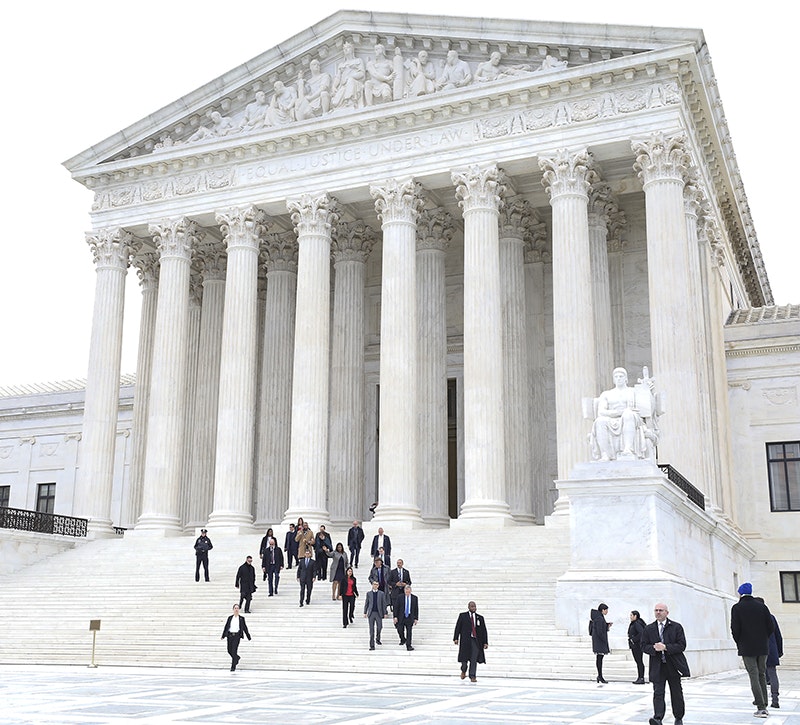You may be able to sponsor a current or potential employee with DACA for an employment-based green card or temporary work permit. A green card, or “immigrant visa,” offers permanent legal status and a pathway to citizenship; a “nonimmigrant visa” offers only temporary protections, but could open options to adjust to a permanent status in the future.
DACA recipients have temporary permission to remain in the U.S. and work. However, if an individual is not able to renew their DACA, or if the program is ended, they will no longer be allowed to work in the United States, and they may be subject to forced removal.
The best solution is to help DACA recipients access more stable legal protections using existing pathways that don’t depend on legislation from Congress. Sponsoring an employee for legal status can provide certainty that they can continue working legally without disruption. It can also open the door to important benefits and opportunities, like being able to travel abroad for work or pleasure, not having to renew their work authorization every two years, and having a more stable, certain future.
Depending on the employee’s occupation, skills, education, and immigration history, they could qualify for one of many employment-based immigration categories. One of the most common is to sponsor an employee for a permanent employment-based visa, commonly called a green card. This process includes applying for a “permanent labor certification,” which can be done for any full-time job without a fixed end date, regardless of the field.
Another possibility is a temporary work visa, which grants work authorization and legal status for a limited period of time. Some common examples include the H-1B visa for jobs requiring a specific degree in a specific field (like a teacher with an education degree or someone working in a STEM field), a TN “NAFTA professional” visa (for Canadian and Mexican nationals working in certain industries), or the O-1 “extraordinary ability” visa.
Undocumented immigrants who are seeking nonimmigrant employment-based visas generally need to leave the U.S. and go through processing abroad; however, if the individual is subject to any “inadmissibilities” described in immigration law, their visa can be denied. A “D-3 waiver” can help waive those inadmissibilities and allow them to re-enter the U.S. with their legal visa, and new federal guidance should make the waiver process more certain and predictable.
New guidance issued by the Departments of State and Homeland Security in June 2024 establishes that recommending D-3 waivers for DACA recipients and Dreamers who earned degrees from U.S. institutions is in the public interest, and that these requests should be prioritized for expedited processing. D-3 waivers are issued case by case and at the discretion of immigration officers.
It is important to emphasize that an individual’s immigration history—including how they came to the U.S. and how long they remained unauthorized—may preclude them from accessing certain avenues. Some of these visa programs have strict annual numerical limits and complicated application procedures. A legal consultation with a qualified attorney is necessary to determine the best available options.





